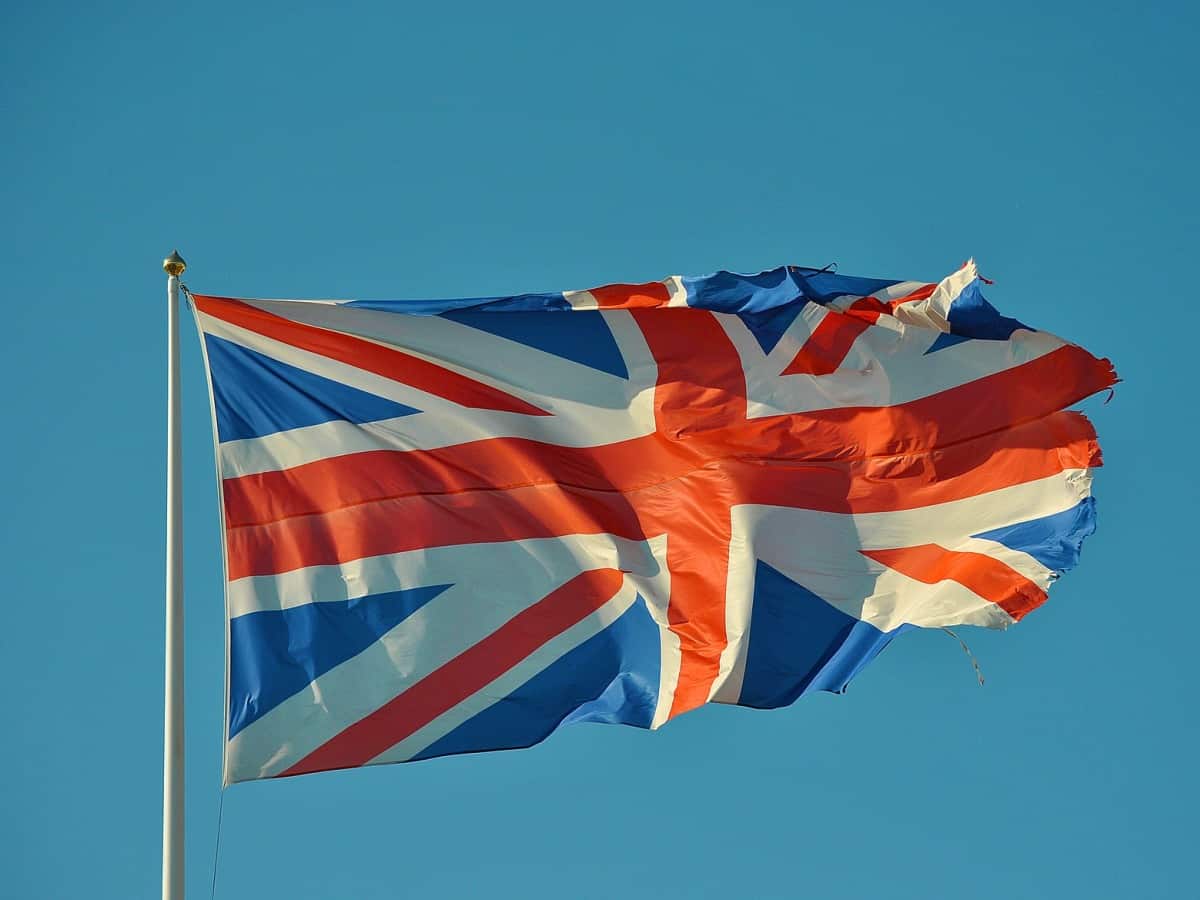
London: The new prime minister of the United Kingdom (UK) replacing incumbent Boris Johnson will be announced on September 5, said Graham Brady, chairman of the Conservative Party’s backbench 1922 Committee, on Monday.
Brady said the 1922 Committee, which runs the Tory leadership contest, has decided that the candidates will have to get the backing of 20 members of Parliament (MPs) when nominations open and close on Tuesday. The threshold is markedly higher than the required backing of eight MPs seen in the party’s usual rules, Xinhua reported.
The first round of voting among Tory MPs will be held on Wednesday, he said, adding that the contenders will need to receive 30 votes to enter the second ballot which is to be held on Thursday.
The number of contenders will be whittled down to two before MPs break up for the summer recess on July 21, he said.
The final two contenders will then go through a postal ballot of all the Conservative members, numbering around 200,000, over the summer and the winner will become the new Tory leader and UK’s next prime minister.
“I am very keen we get this concluded as smoothly, cleanly, and rapidly as possible,” said Brady, calling it a “perfectly reasonable” timetable that would allow the postal ballot to take place around the country over the summer.
“We do need to make sure there is a decent amount of time before the result is announced on 5th September,” he added.
So far, 11 candidates have launched their bids to become the Conservative Party’s next leader, with International Trade Minister Penny Mordaunt, Foreign Secretary Liz Truss, former Chancellor of the Exchequer Rishi Sunak, and former Health Secretary Sajid Javid among the frontrunners. Most of the contenders have vowed to cut taxes, ranging from corporation tax to income tax, as the cost-of-living crisis continues to bite, Xinhua reported.
UK Foreign Minister, Lizz Truss entered the race to replace Boris Johnson as prime minister, joining 10 other hopefuls in an increasingly unpredictable contest.
Truss, 46 is widely seen as one of the potential contenders for the leader of the Conservative Party.
Johnson resigned on Thursday following a dramatic cabinet revolt over his scandal-hit leadership, but he will stay on as caretaker prime minister until a new Tory leader is elected.
Almost 30 UK government officials, including key figures like UK Health Secretary Sajid Javid and Chancellor of the Exchequer Rishi Sunak, have submitted their resignations over the recent scandal involving former deputy chief whip Christopher Pincher.
A total of 58 ministers quit the government following an ethics scandal which ultimately forced the UK premier to resign. Johnson agreed to step down after one of his closest allies, Treasury Chief Nadhim Zahawi, told the prime minister to resign for the good of the country.
“Prime Minister: this is not sustainable and it will only get worse: for you, for the Conservative Party and most importantly of all the country,” Zahawi said in a letter to Johnson. “You must do the right thing and go now.”
Johnson, 58, managed to remain in power for almost three years, despite allegations that he was too close to party donors, that he protected supporters from bullying and corruption allegations, and that he misled Parliament and was dishonest to the public about government office parties that broke pandemic lockdown rules.
However, Johnson could continue to remain in office until October when the Conservative party meets for its annual conference so that his replacement is found. Conventionally, when a Conservative leader resigns, they give the party time to hold a thorough leadership contest.
The Tory leadership race was triggered after Johnson was forced to resign on Thursday by an avalanche of resignations of cabinet ministers and other junior government officials in protest against his scandal-hit leadership. Johnson continues to serve as the caretaker prime minister until a new Tory leader succeeds him.
Johnson, who won a landslide victory in the general elections in 2019, lost support after he was caught in a string of scandals, including the Partygate scandal and Pincher scandal involving his appointment of a politician accused of sexual misconduct
